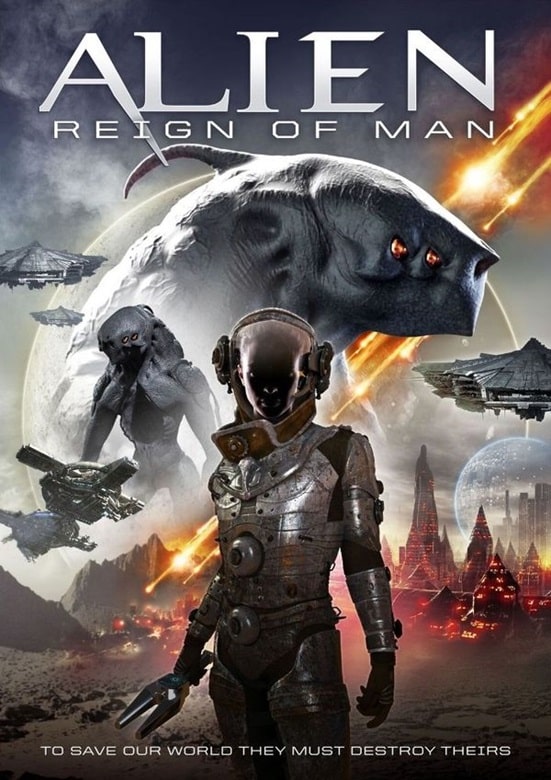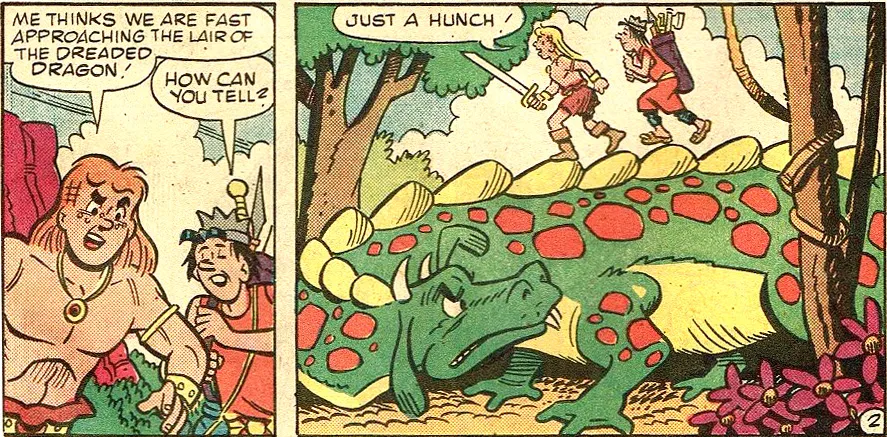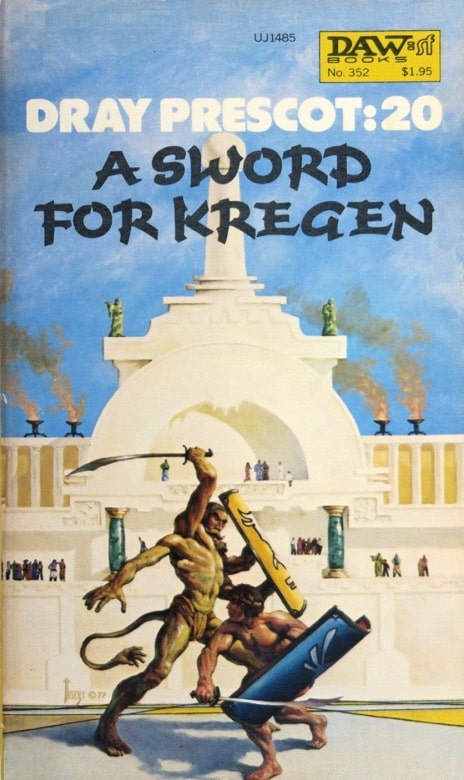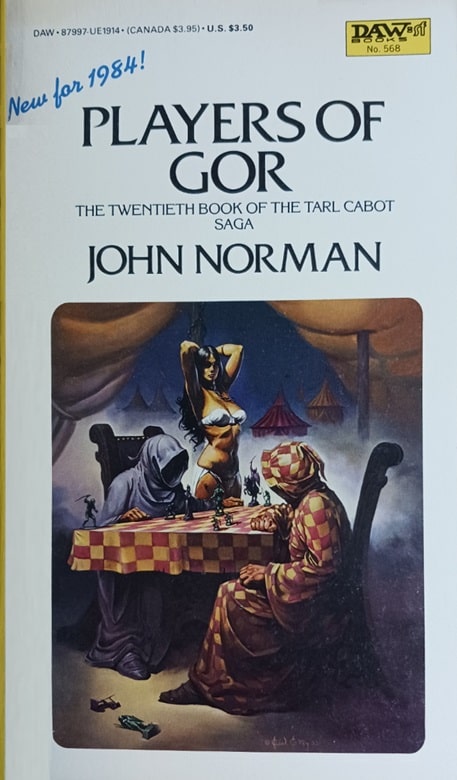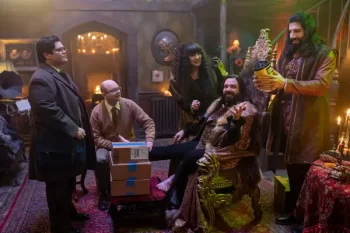A Land Two Stars to the Left of Middle-Earth: Breath Warmth & Dream by Zig Zag Claybourne
 |
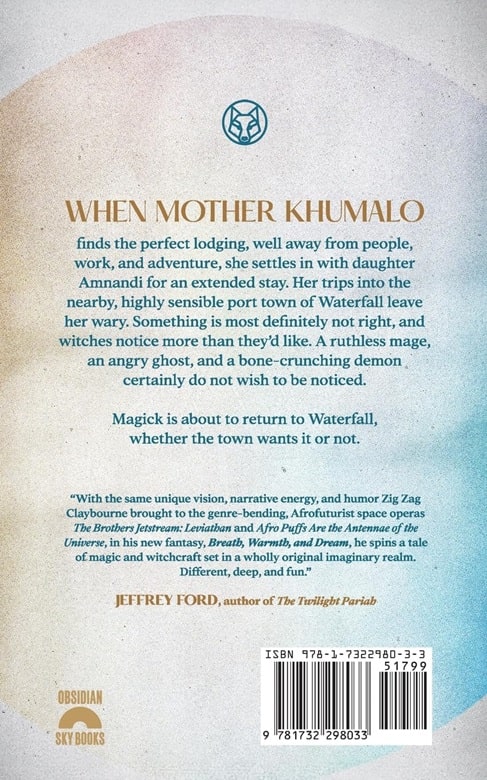 |
Breath, Warmth, and Dream (Obsidian Sky Books, May 17, 2024). Cover uncredited
In the land of Eurola, an ancient evil preyed on the people of Waterfall. Then along came Khumalo, Amnandi, and Bog – a mother daughter pair of witches and their warrior companion – to set things right. Plotwise, it’s damn near a western. If someone were to tell you that this was the whole story of Breath Warmth & Dream, that someone would be a thief. They tried to give you a penny while palming the mountain of gold.
It starts with the characters. Read Breath Warmth & Dream and your understanding of the word “witch” will be forever changed. Mother Khumalo and her daughter Amnandi are the kinds of people you want to grow up to be, even if growing up means becoming a child again. They aren’t perfect by any means because that would be boring and Zig Zag simply doesn’t do boring. It’s an imperfect and dangerous world and they make decisions without the foresight of plot armor.




